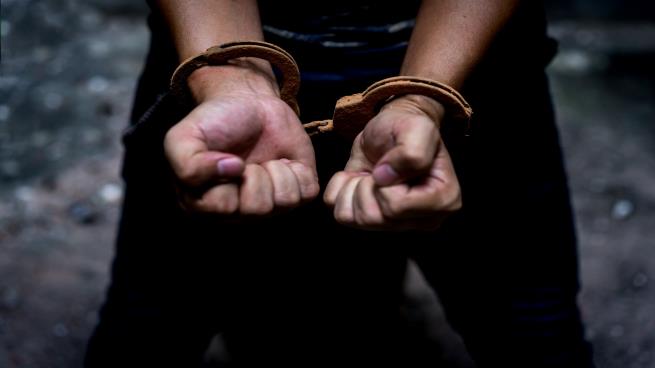
The Saudi authorities are deliberately practicing heinous forms of torture to extract fabricated and fabricated confessions from prisoners of conscience in prisons.
Human rights sources monitor that one of the ugliest forms of torture in Saudi prisons is electrocution and extinguishing cigarette butts in the detainee’s body, either for the purpose of torture itself or to extract confessions about things that the prisoner of conscience did not do.
The Saudi authorities also practice the practice of keeping the prisoner of conscience in a narrow cell with solitary confinement, amidst tight guard, poor quality food and preventing him from communicating with even his fellow prisoners of conscience.
In addition, prisoners of conscience are deprived of sleep, with the increase in the degree of coldness of the cell, and compulsion to remain seated for a long period during the night hours, especially.
Amnesty International’s annual report on the Middle East and North Africa condemned the escalation of the powers of the Saudi authorities to suppress freedom of expression and association or association.
HRW said that dozens of critics of the Saudi government and human rights defenders, including women’s rights activists, members of the Shi’a minority and families of activists, have been subjected to harassment, arbitrary detention, and prosecution by the authorities.
According to the report, a number of Shiite activists and clerics continued to be tried by a court specialized in terrorism cases, due to their expression of dissenting opinions.
The report condemned the widespread use of the death penalty by the Saudi authorities, and carried out dozens of executions for a range of crimes.
Human rights activists and former detainees in the prisons of the Saudi regime have previously narrated horrific forms of torture that they were subjected to in light of the repression and arbitrariness adopted by the regime.
Detainees in the Kingdom’s prisons are subjected to the worst forms of torture, whether psychological or physical torture, including electrocution.
Most of the people who practice torture are masked, wear Saudi uniform, not a military uniform, and use the Saudi headband on the skin.
In late November, Amnesty International reported that political activists in Saudi prisons had been subjected to physical and psychological torture in a number of ways, the most prominent of which is solitary confinement.
The specifications of the solitary confinement cell were recently disclosed, according to a previous opinion detainee who spent more than half a year, as the isolation cell is two and a half meters long and wide as well, including the bathroom, the place of eating and the place of sleep.
The Saudi regime is under repeated condemnation of its black human rights record, which returned to the forefront with the one-year anniversary of the murder of Saudi journalist Jamal Khashoggi at his country’s consulate in Istanbul on October 2, 2018.
In the prisons of the Saudi regime, there are hundreds of prisoners of conscience, including advocates, activists, and journalists, who have not been fully tried so far, and have been subjected to systematic torture and the deprivation of prisoners’ rights, while human rights organizations have called for their immediate release.
One of the worst human rights crimes currently taking place in the prisons of the Saudi regime is the unilateral isolation approach that is used to brutal revenge against prisoners of opinion and their isolation from the outside world.